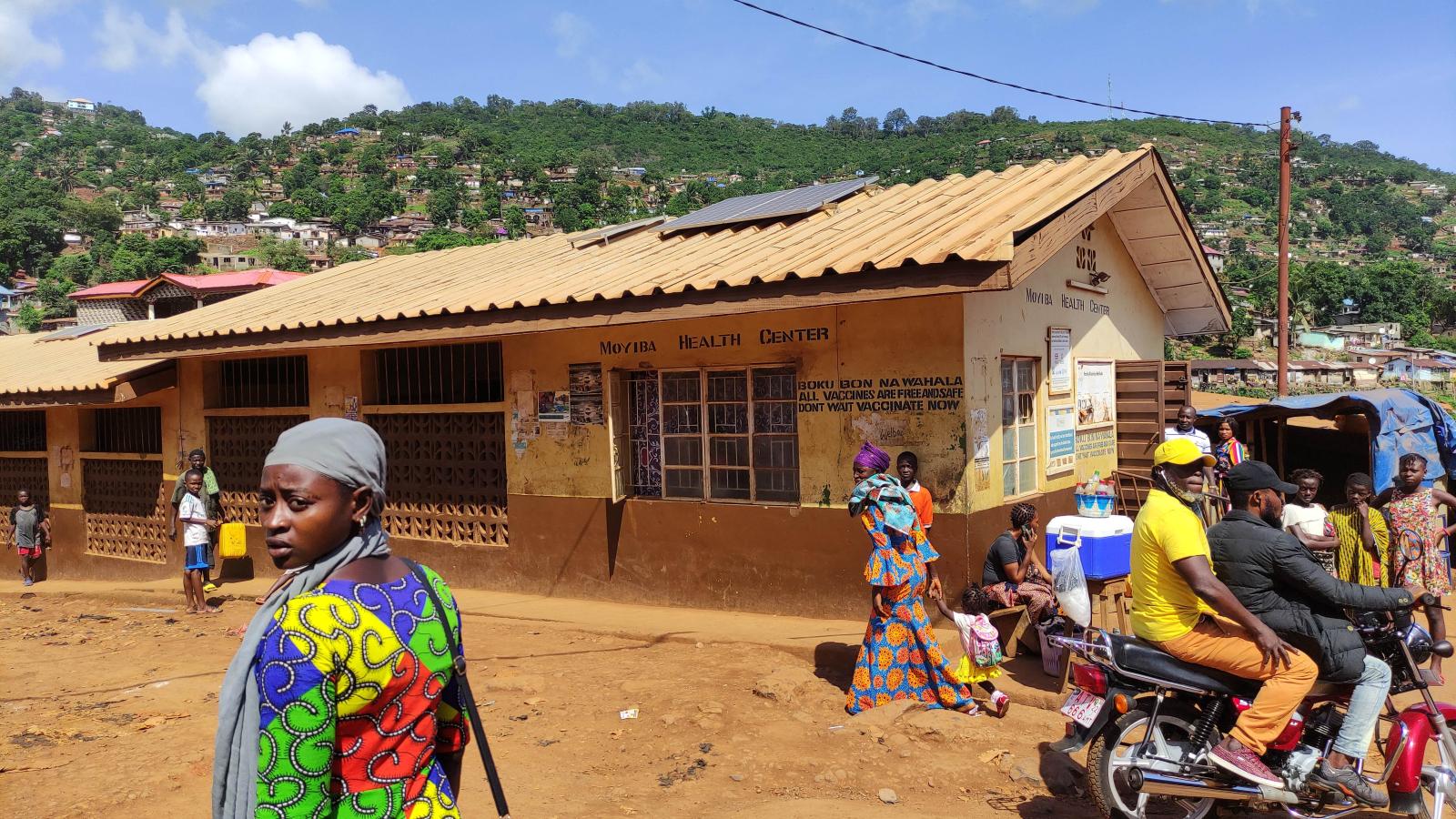News
Supporting Integrated Urban Growth in Freetown
The UrbanShift Lab in Freetown brought together representatives from the capital and neighboring cities to assess and find sustainable solutions for managing urban growth and climate risks in Sierra Leone.
Part of an unplanned settlement in Moyiba, Freetown, where the UrbanShift Lab site visit took place.
The UrbanShift Lab in Freetown, Sierra Leone was a hands-on workshop about strategic urban planning funded by the Global Environment Facility (GEF) and organized by the World Resources Institute (WRI) with the support of Freetown City Council (FCC), Government of Sierra Leone, Resilient Urban Sierra Leone Project (RUSLP), World Bank, and C40 Cities.
The Lab, which was co-designed in collaboration with FCC, took place from June 21 to 22, 2022 and brought together around 50 participants from Freetown and secondary cities in Sierra Leone, including technical professionals, community leaders, and representatives from national institutions working in urban development.
The Mayor of Freetown, Yvonne Aki-Sawyerr, OBE, was among the distinguished speakers who presented at the workshop, in addition to Lydia Mesfin, World Bank Operations Officer; Dr. Alphajoh Cham, Director of Planning, Policy and Project Development at the Ministry of Lands, Housing and Country Planning; Urban Planning and Mobility Lead for Freetown City Council, Modupe Williams; and Freetown’s Chief Heat Officer, Eugenia Kargbo.
In her welcome address, Mayor Aki-Sawyerr recalled the story of countless Sierra Leoneans who fled from villages to escape rural poverty – exacerbated by the impacts of climate change – and ended up in a city full of opportunities yet struggling to manage its own risks and resources. The Mayor expressed her hope that the UrbanShift Lab would result in "concrete actions to change the narrative of urban growth in Freetown."
During the two-day event, participants interacted with UrbanShift team members to discuss the challenges of regulating climate risk and finding solutions to sustainably manage urban growth. The UrbanShift team developed tailored geospatial analyses on urban expansion and accessibility in Freetown, as well as heat and landslide hazards, to understand how the city’s growth is creating vulnerable and disconnected communities. These maps supported the participants to design and prioritize solutions, piloting a data-driven decision-making process.
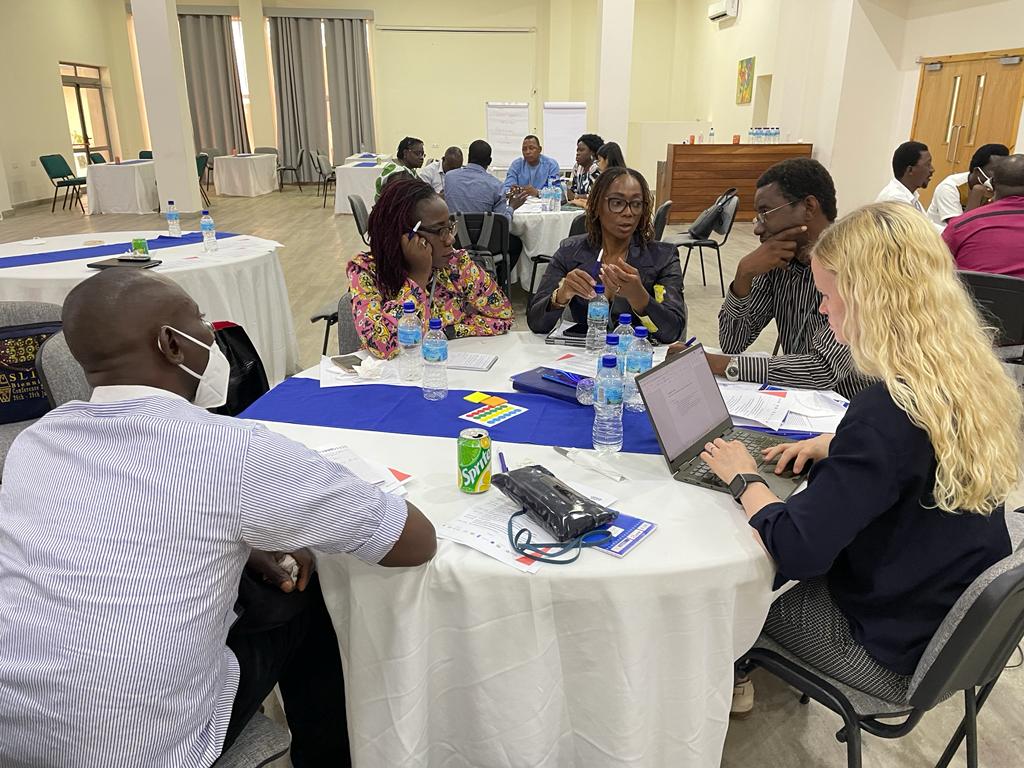
To witness first-hand some of the development issues and climate risks discussed at the Lab, participants visited the community of Moyiba, where unplanned settlements have led to significant loss of tree cover and accessibility in the local neighborhoods. These circumstances have pushed residents to live and work in unsafe zones, such as the site of a defunct quarry, which are highly susceptible to landslides.
The workshop concluded with exercises for participants to propose interventions and prioritize actions to solve the urban growth problems faced by Freetown. The results from the workshop will be compiled by WRI in the following months and shared with FCC in the format of a report to support urban development initiatives in the city.
UrbanShift would like to extend its gratitude to the City of Freetown for hosting the UrbanShift Lab, the first of many in-person capacity-strengthening activities planned in the city.
READ MORE
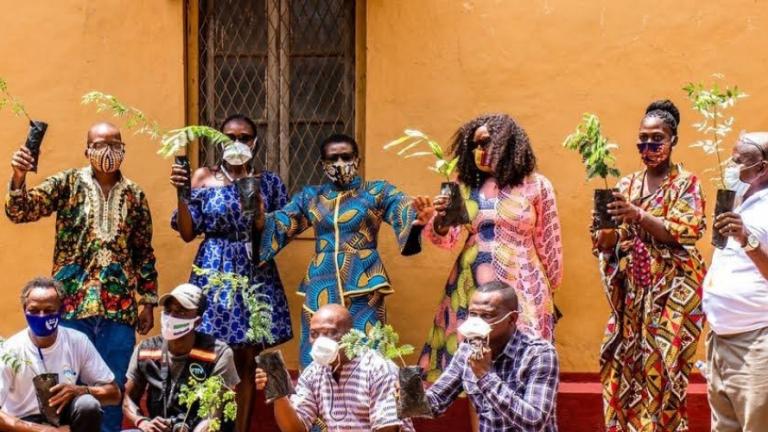
Freetown the TreeTown campaign: Using digital tools to encourage tree cultivation in cities
Against the backdrop of population expansion and rapid urbanization, the Freetown City Council came up with a plan to plant and grow 1 million trees by 2022—an effort that would increase the city's vegetation cover by 50%.
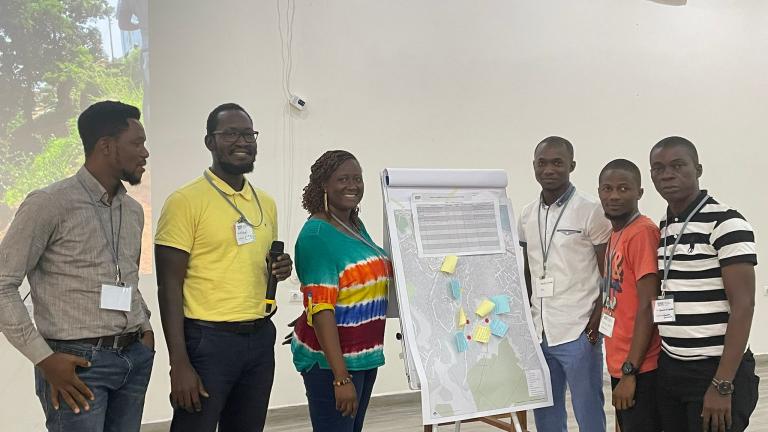
Freetown Strategic Planning Lab
At this two-day workshop, 50 participants from Freetown met with the UrbanShift team to discuss the challenges of regulating climate risks and managing urban growth in Sierra Leone.
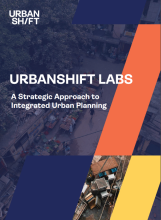
UrbanShift Labs
Summarizing insights and lessons from eight of UrbanShift's Labs, this report offers a template for furthering geospatial analysis in cities.
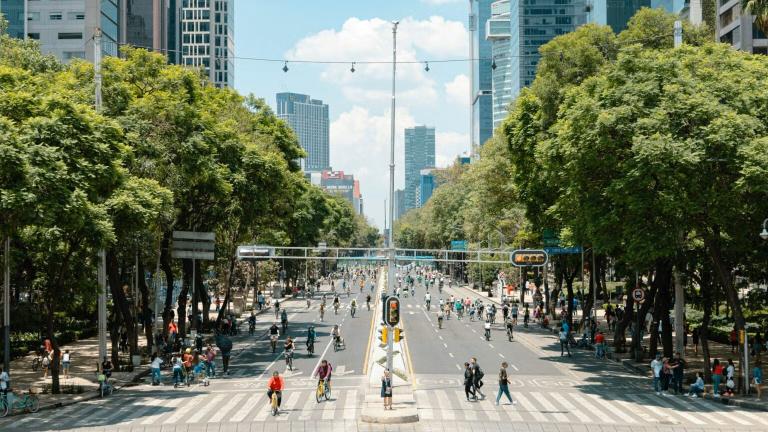
Meet CityMetrics: An Open-Source, Interactive Tool for Analyzing Urban Risks and Opportunities
With CityMetrics, a new geospatial data platform developed by WRI, over 60 cities--including all 23 UrbanShift cities--can access in-depth data on urban risks and vulnerabilities.
